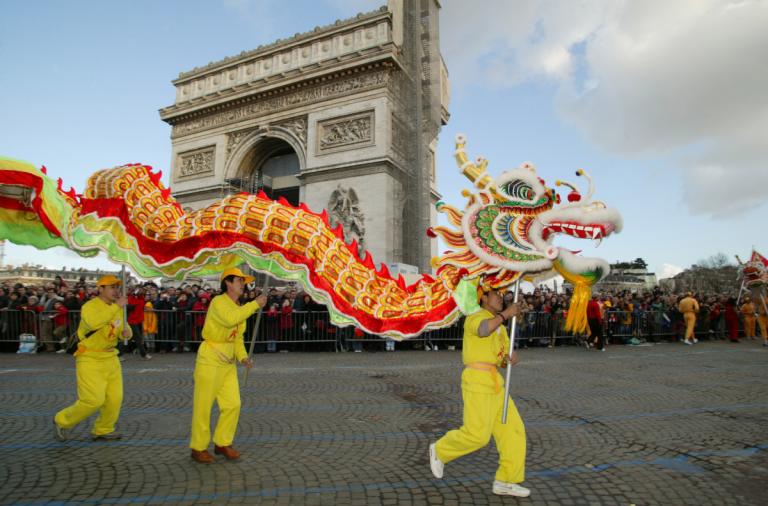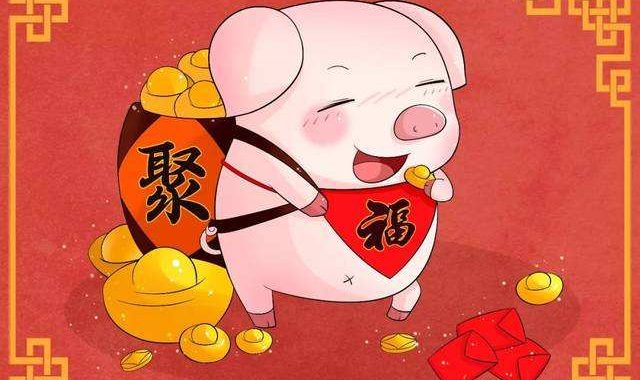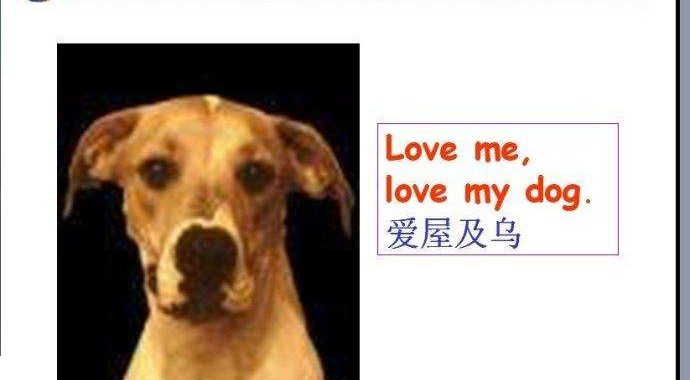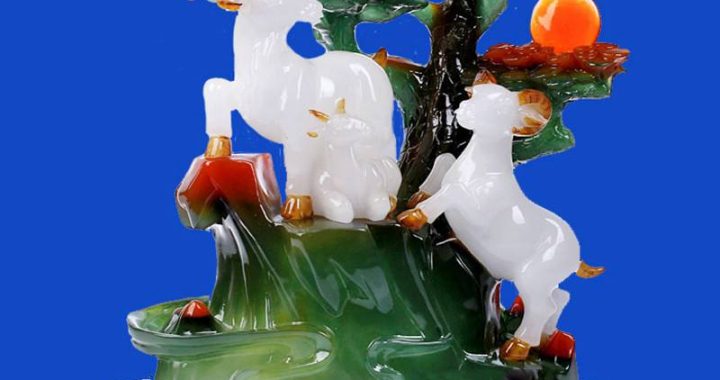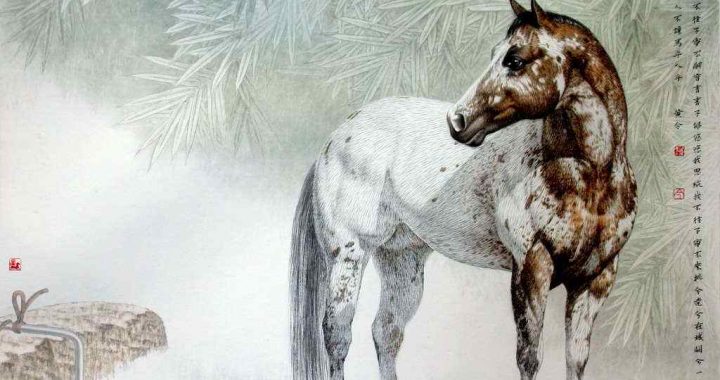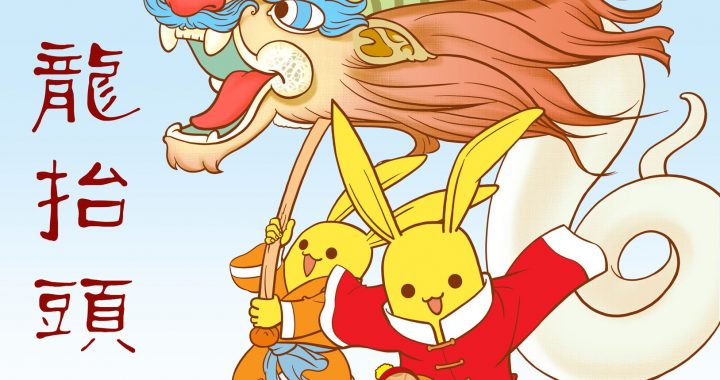Customs and Festivals in China
4 min readTraditional customs and festivals are part of China’s unique heritage. As major carriers of traditional culture and national character, they all have distinctive cultural connotations such as respect for the old and worship for ancestors. In spite of regional variations in customs and rites, the essence of these traditional customs and festivals has remained almost the same in the past and present across the country.
As the saying goes, Rome was not built in a day. The formation of traditional Chinese customs and festivals took thousands of years and the accumulation of many generations’wisdom and experiences. Anyone who intends to know the country and its peoples should sample and experience them in person.
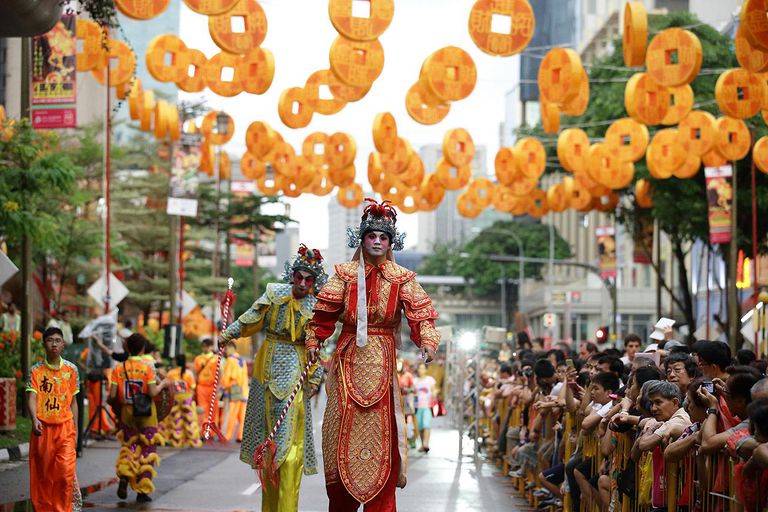
Customs
Customs take different shapes to embody themselves in real life and it is almost impossible to cover each and every of them in one chapter. So we have chosen three typical customs, marriage, funeral and dining etiquette, in the hope of giving a general picture and idea of Chinese customs.
Mariage Customs
Chinese marriage became a fixed custom during the Warring States Period. Traditionally,marriage in Chinese societies has been an arrangement between families.But originally Chinese culture allowed for romantic love and monogamy was the norm.Despite China’s long history and many different geographical areas,there are basically six rituals,generally known as the Three Letters and Six Etiquettes.
(1)Proposal or Matchmaking
When the boy’s parents identified a likely bride to-be,they would send the matchmaker to present gifts to the girl’s parents and to express their hope for the match.If this is well received,the matchmaker will woo the girl on the boy’s behalf and ask about the girl’s age and year of birth(Chinese zodiac)and then go to a fortune-teller to predict their future.’The prediction is important and often decides whether there will be the next step,that is,engagement.
For example,if one is born in the year of the Rooster,he is not a right match for someone born in the year of the Monkey,and the same is true for a sheep and a mouse.
(2)Engagement
First,both sets of parents exchanged family credentials as tokens of intention.Then,after extensive bargaining,the two families will arrive at the amount of money and goods that willmake up the gift to the girl’s family.Then the couple-to-be exchanges the eight characters,that is,the engagement certificate :the year,month,day and hour of each of their births,each including one Heavenly Stem and one Earthly Branch. If the families think it fit,they in return will choose the wedding day.
(3)Dowry/Betrothal Gifts
Wedding gifts will vary widely depending on local customs and family wealth.Typical gifts such as delicacies,ornaments and money are carried to the bride’s home in a solemn procession.
The brideprice,usually equal in value to the dowry,is then sent to the bride by the groom’s parents.Betrothals generally last a year or two before a wedding ceremony is socially allowed.
(4)Meeting the Bride
Red,symbol of joy,is this special day’s theme,featuring prominently in the clothing and other ritual objects related to the wedding.Elaborate ceremonies are held to welcome the bride and her wedding procession into the groom’s home.The bridegroom goes to the bride’s home to meet her and brings her back to his place with much fanfare.The bride is usually yeiled and carried in a sedan-chair for the wedding and the groom rides a horse with a red flower on his breast.
(5)Marriage
The marriage process involves three bows,also called bow to Heaven and Earth,then to the groom’s parents and finally to each other.In the ceremony,the new couple have to stand side by side,making these three bows.The first bow is to pay homage to Heaven and Earth,and the family ancestors;the second to the groom’s parents with gratitude for their bringing up the groom;the third to each other,meaning they are going to love and respect each other ever after.
(6)The Morning After
The bride serves breakfast to the groom’s parents,who give gifts in return.It is then that she is introduced to the groom’s relatives and friends,formally recognized as a member of the family.After that,she will be given by her parents in-law a title according to her husband’s seniority in the family.
After going through the six steps above,a traditional wedding is basically completed.However,things change along with the passage of time.Nowadays,a typical Chinese wedding goes like this if we choose not to make it simple:when a new couple is engaged,what follows is actually a choice of the date of their marriage.Most people will prefer a bank holiday or special Chinese festival because those dates are usually more convenient for relatives and friends to attend the wedding.However,quite a few people,those from the countryside in particular,will probably ask a fortune-teller to choose a special lucky red-letter date(usually an even number)so that their marriage will have“Double Happiness”
The wedding ceremony often ends with a very extravagant banquet known as Xi Jiu (literally joyful wine).Toasts are made to wish the new couple long life,eternal love and happiness,early birth of a healthy baby and so on.Their friends and relatives usually give them many lovely and useful gifts as well as their blessings.And in return,the bride and groom should present wines or tea to parents,relatives and guests.
Marriage customs may vary from one ethnic group to another,even from one region to another.However,most marriages in China share the same excitement throughout the country.
And in recent years,many Western elements such as a white wedding dress are incorporated into the wedding due to cultural exchanges between China and Western countries.
